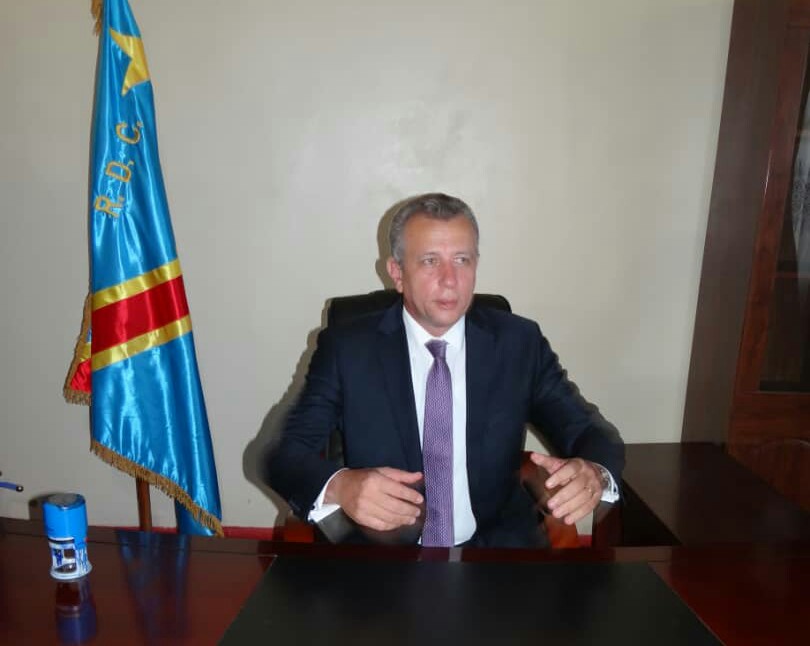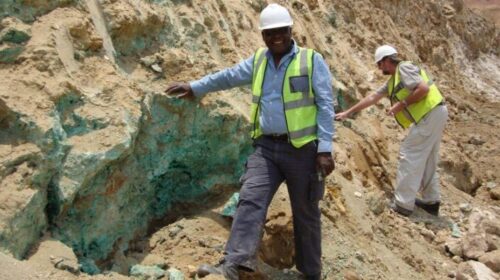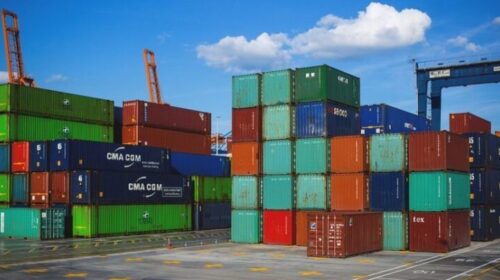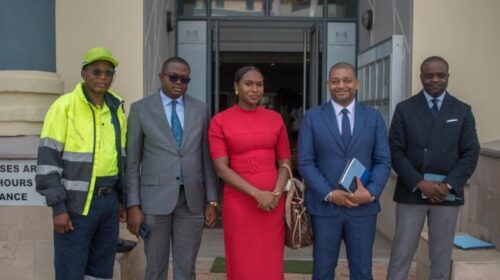Congo’s Ituri Governor Condemns Rising Insecurity in the Gold Province
Illicit mining and mineral trafficking are fuelling mine site violence, the governor of the gold-rich Ituri province of the Democratic Republic of the Congo said after armed robbers killed four people, including three Chinese nationals, in a gold mine.
The attack occurred at around 1:00 a.m. on the morning of April 5 in a gold site that was mined by the COMIDI cooperative in Irumu, 62 km from the provincial capital of Bunia, the governor said.
It was first reported on Monday by China’s official Xinhua news agency.
“We can only strongly condemn these terrible acts, which are on the list of thousands of armed bandits in our province,” said Governor Jean Bamanisa Saidi in a letter from Reuters on April 8.
President Felix Tshisekedi is trying to restore the stability in the eastern border areas of the Congo, a hotspot of conflicts between armed groups over ethnicity, natural resources and political power.
In Ituri, which borders Uganda and South Sudan, gold is mined by artisanal mining cooperatives that typically use rudimentary tools and techniques.
Governor Bamanisa Saidi said that most of the cooperatives and mining companies in the province do not report production figures and minerals are marketed illegally, leading to “massive fraud” in large quantities of minerals.
Measures to contain the coronavirus worldwide have disrupted the supply chains which artisanal gold miners rely on for funding and have dried it up. As a result, local gold prices fell to discounts of up to 40% compared to the world market price.
In an area of Ituri, 79 out of 85 gold trading houses have closed because they have no one to sell to, an investigation by the Canadian NGO IMPACT for natural resources, reported.
This has created an opportunity for illegal gold buyers who can buy cheap, sell high, and increase insecurity in the Democratic Republic of the Congo, IMPACT said.
“Various armed groups and political elites will compete for preferential access to these external buyers, but also for control over new territory (and mine sites),” IMPACT executive director Joanne Lebert and consultant Alan Martin wrote in a report on Friday.





